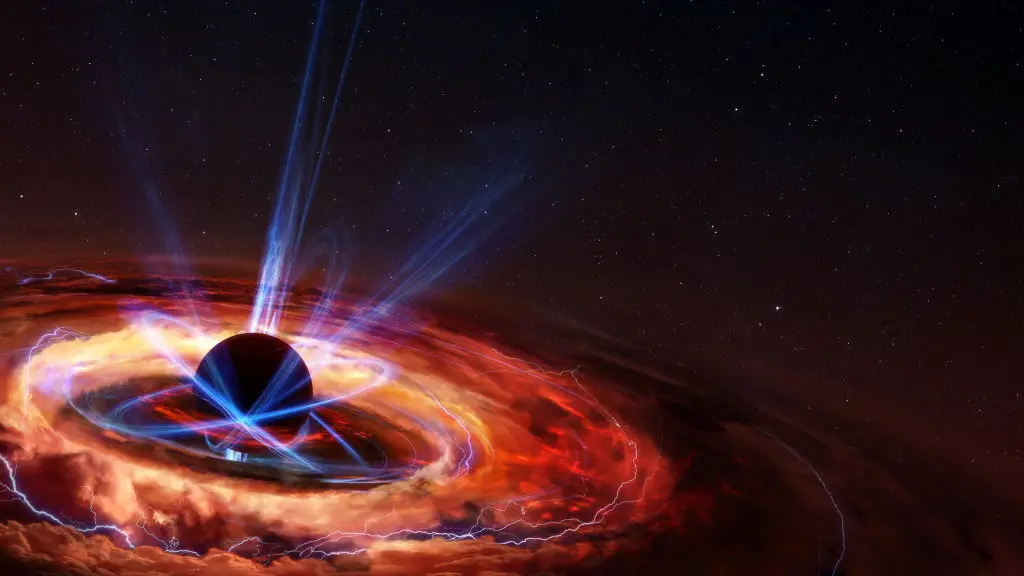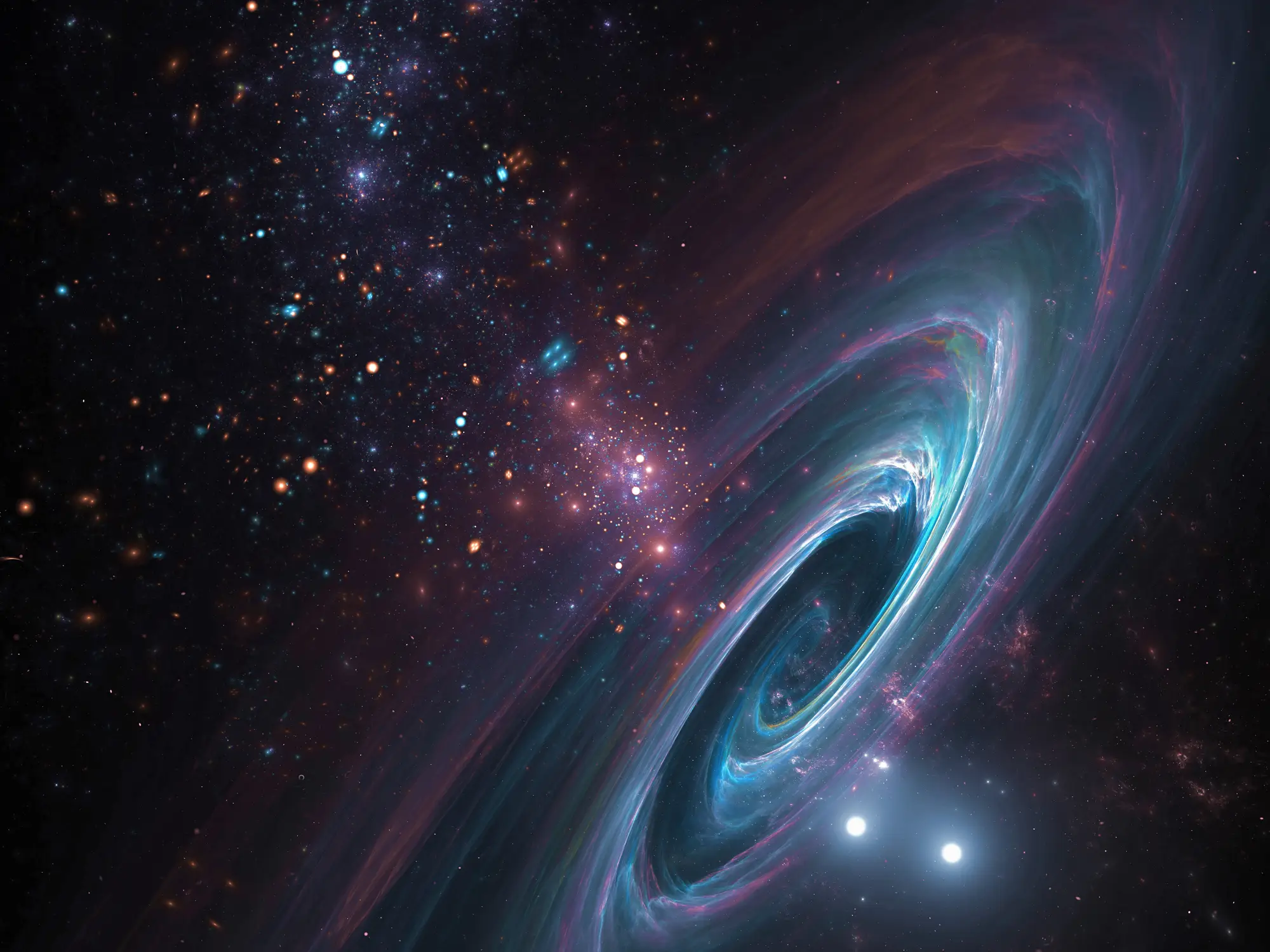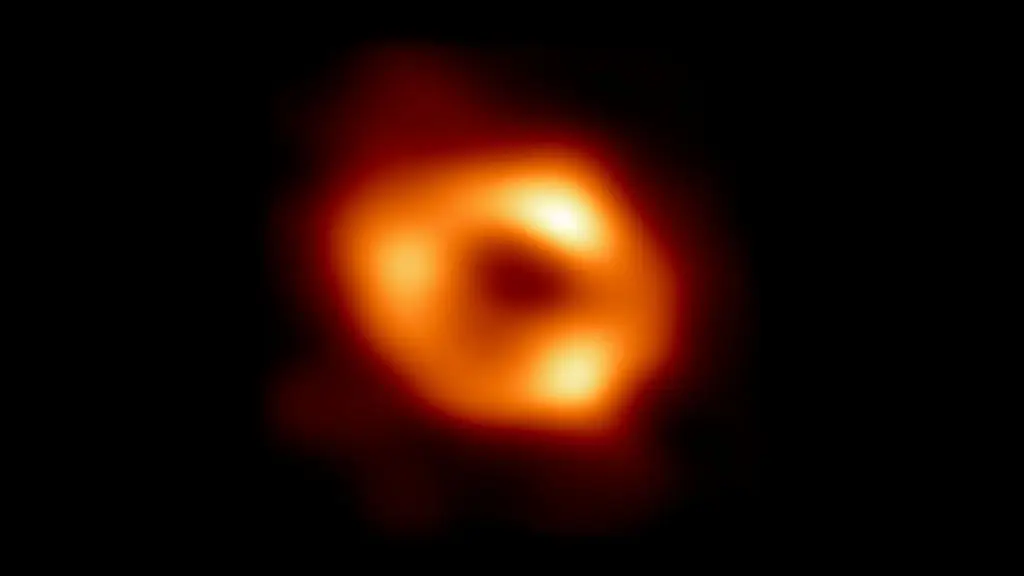
"Until somebody builds a bigger bomb..." is a line that may be familiar to those of you who watched Oppenheimer and knew that the hope an atom bomb would render all wars pointless was never going to happen.
While nuclear weapons may function as a deterrence for many, they haven't brought an end to all wars and in the decades since then we've constructed more bombs and bigger bombs.
Now scientists have developed a new 'black hole bomb', or at least the model of one, which could be so much more destructive if anyone was ever stupid enough to go ahead and construct the real thing.
According to New Scientist, this version is a 'safe toy model' rather than one which uses an actual black hole, but it builds on the theories of scientists who first proposed the idea.
Advert
The idea was first cooked up in 1969 after a scientist named Roger Penrose noticed that a particle getting close to a spinning black hole gained energy.

New Scientist adds that another scientist, Yakov Zel'dovich, realised that a particle could gain energy in other situations like light moving around a spinning metal cylinder.
He suggested that if you could get the cylinder to spin as fast as the light moved then it could work, but that wasn't going to be possible so he suggested mirrors.
The idea goes that you could keep reflecting the energy and create a feedback loop until it triggers an explosion.
Theoretically, if this is powered by a black hole, it could create a 'black hole bomb' and produce as much energy as a supernova.
To give you an idea of how much power a supernova has, scientists from Warwick University recently discovered two stars set to explode in a type 1a supernovae 150 light years away.
When it explodes, the supernova will have 'energy levels a thousand trillion trillion times that of the most powerful nuclear bomb'.
Now, Professor Hendrik Ulbricht of the University of Southampton has created a working model that demonstrates the feedback loop, but thankfully isn't going to blow anyone up.
This version uses a rotating aluminium cylinder with coils and a magnetic field, where the coils stand in for the mirrors and the magnetic field replaces the light.

So this toy version of the 'black hole bomb' concept doesn't actually use a black hole, which is probably for the best because if things went very badly wrong with it that would be utterly disastrous.
Instead, this development is more likely to help scientists gain a better understanding of how black holes work and provide energy to particles around them.
That seems like a much more worthwhile goal than finding new ways to blast chunks out of the planet.
Let's just hope that nobody actually tries to build a proper 'black hole bomb'. Earth could do without the comparable energy of a supernova being released upon it.